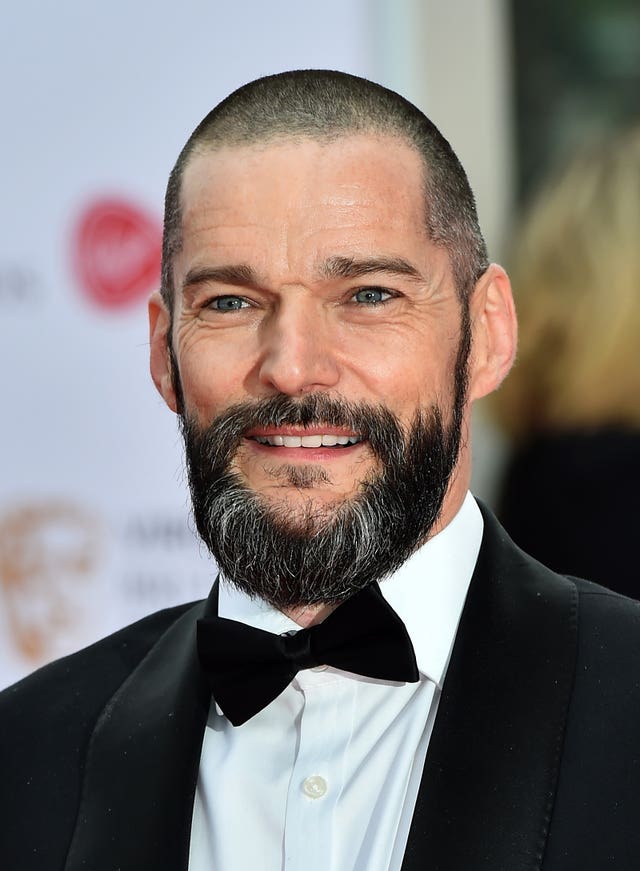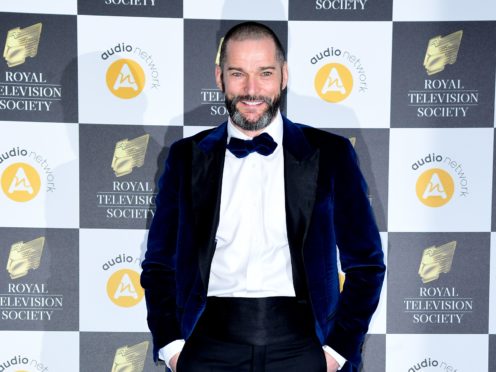A skills and staff shortage in the hospitality industry is “getting bigger and wider every day”, First Dates star Fred Sirieix has said.
The TV personality and maitre d’ said the situation was made worse by Brexit and exacerbated by the Covid crisis, and he suggested prisons could be an untapped resource as a place to train staff.
Writing in The Big Issue, he said: “There is no way it’s going to get better unless we change our tactics. It’s really a disaster.
“And I think that if we don’t get our heads out of the sand very soon, we will see the impact in the years to come.”
French star Sirieix said the shortage has existed since he arrived in the UK in 1992 and has continued to get worse.
He wrote: “Back in the day, a lot of the manpower would come from mainland Europe. Depending where you were in the country between 20% to 40% – and some would say as much as 50% – of people would be from foreign countries.

“Then in 2016, Brexit happened. A lot of people who would have normally come to the UK didn’t come, a lot of good people left.
“Then Covid happened. On top of the people who didn’t come to the UK, a lot of people went home, and are not coming back.
“We have an exodus of people from the industry, but also we are not bringing new people in.”
Sirieix also blamed a decrease in the number of catering colleges and further education establishments and said funding for the existing ones is going down.
He said: “We need an influx of staff. If we are not doing anything within the catering colleges, we have to go where we can find the staff, and prison really is an area that has been untapped.
“I have worked with disadvantaged kids and troubled youths for a number of years, and four-and-a-half years ago I started a charity called The Right Course with the aim to open restaurants in prisons using existing facilities and existing equipment.
“In prison there are courses: people will do hairdressing, carpentry, bricklaying – restaurants should be another.
“In any prison the staff have to eat, so let’s just turn their mess into a proper restaurant like you have on the high street.
“We can teach the offenders and when they come out, they can have a job. It’s a win for society, a win for the offenders themselves. And it’s a win for hospitality as an industry.”

Sirieix said he is already working with two prisons and is in talks to expand to more.
He added: “For us to make a difference within the community of offenders as well as hospitality, we need to scale this up, because there are possibly 30-40 prisons that will be suitable for the scheme.
“We need a coalition of the willing to speak with a united voice, working towards an agreed goal within a timeframe that’s going to allow us to put hospitality on the map.
“If we go into schools, if we train people, if we excite them about what the industry has to offer, then I think that we have a chance.
“But, of course, the industry needs also to improve working conditions. We can’t change things without looking at what we offer to people who work in the industry.
“It’s a battle that we are fighting on all fronts. And it is not fought on all fronts consistently and relentlessly for a period of time, there is no chance for us to win.”
The full interview is in The Big Issue, out now.
